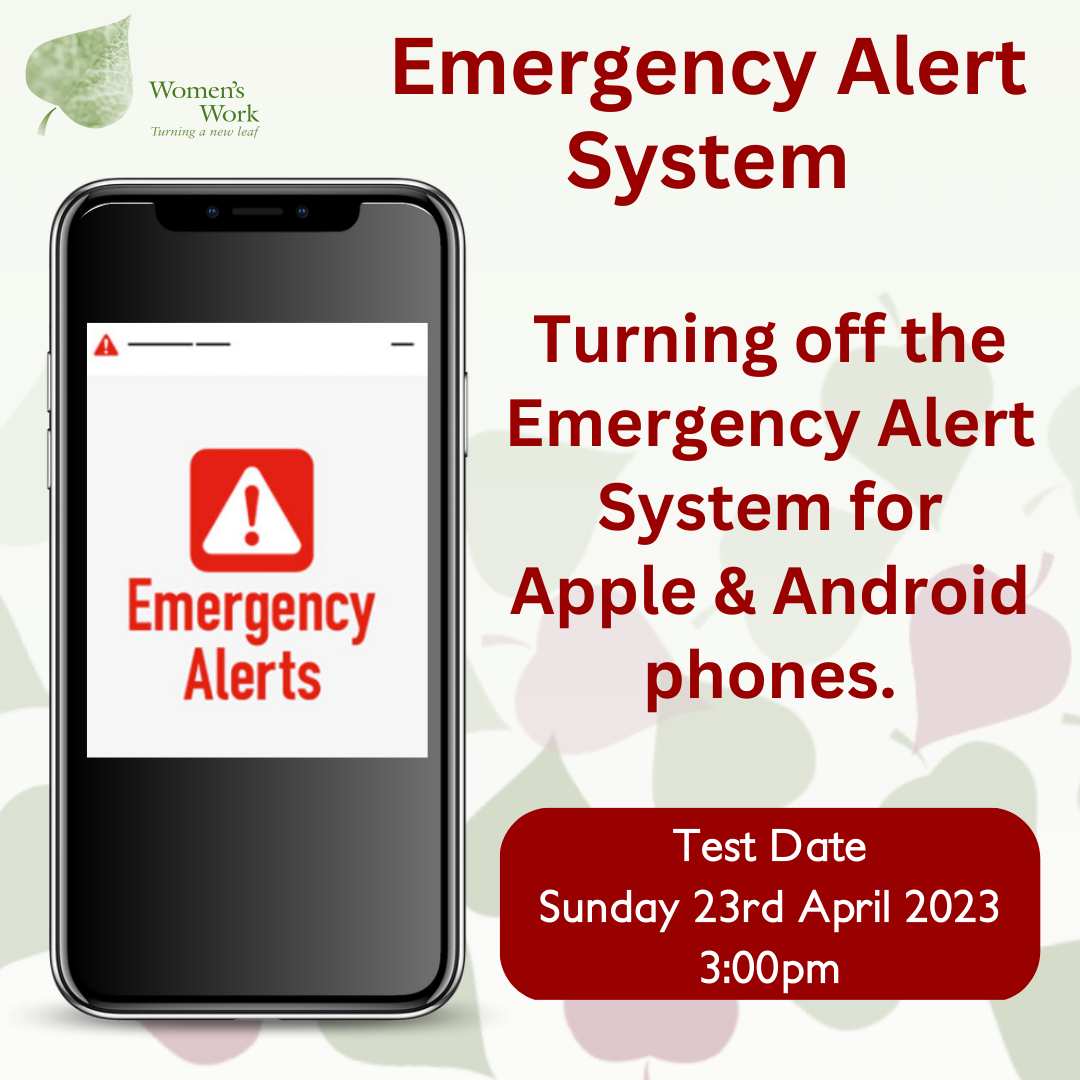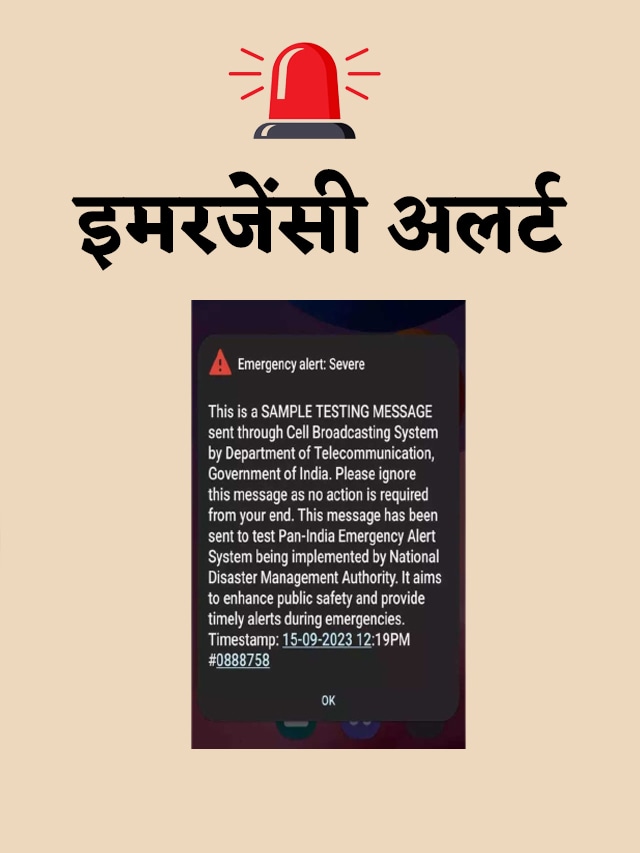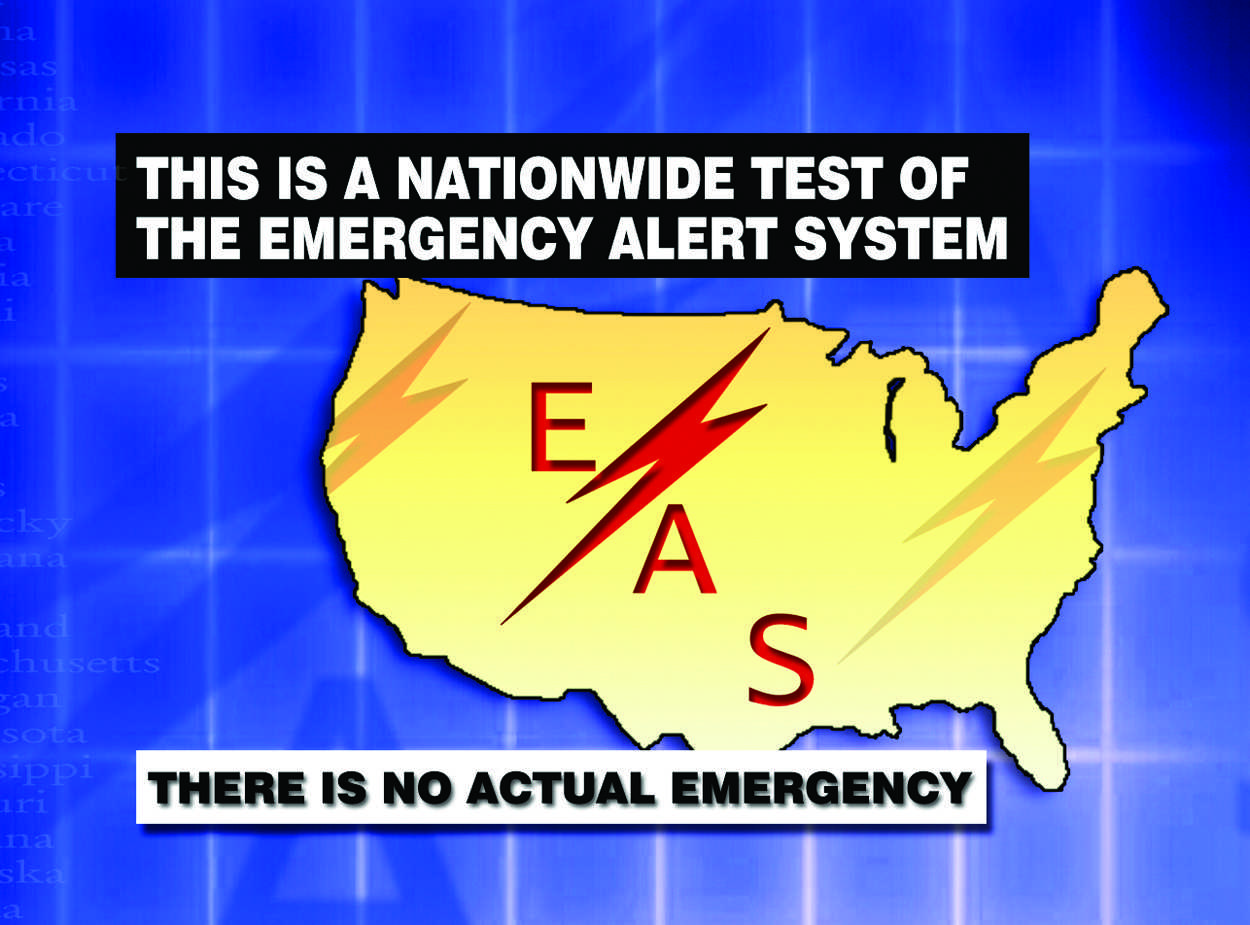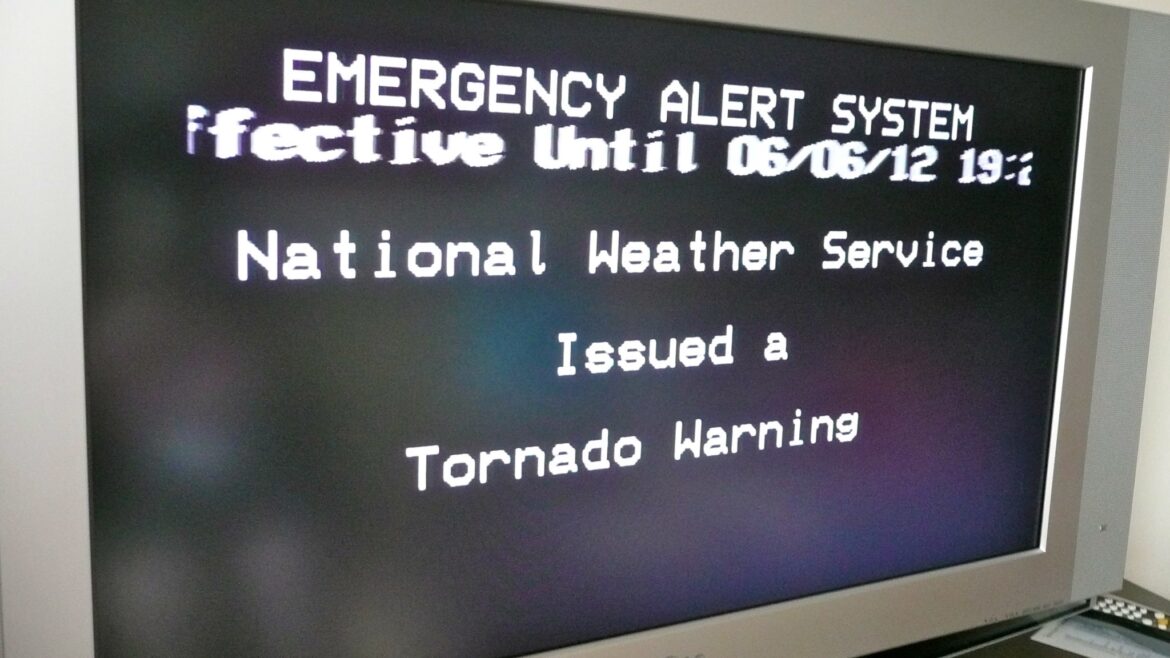Table of Contents
- National Wireless Emergency Alert System - YouTube
- The national emergency alert test, explained | The Week
- Emergency Alerts – Ten Ten Resources
- Implementing an Emergency Alert System usingWhatsApp - IDT Express
- Emergency Alert system at Safety Labs | by Emergency Alert system at ...
- How to turn off the new Government Emergency Alerts on your mobile ...
- सरकार क्यों आपके स्मार्टफोन पर बीप वाला इमरजेंसी अलर्ट भेज रही?
- The Emergency Alert System: The Explosive History of Television and Radio
- Test (please delete) - Page 1 - AR15.COM
- EAS changes could affect community media - Current



Why Disaster Preparedness Matters



Resources Available on Ready.gov




Tips for Staying Safe During Emergencies
While no one can predict with certainty when a disaster will strike, there are steps individuals and families can take to stay safe during emergencies. Here are a few tips: Stay informed: Sign up for emergency alerts and follow trusted sources of information, such as local news and weather reports Have a plan: Create a family emergency plan that includes a communication plan, evacuation routes, and a meeting point Build a kit: Assemble a disaster supply kit with essential items, such as food, water, and first aid supplies Stay safe during an emergency: Follow evacuation orders, avoid hazards such as fallen power lines and contaminated water, and seek shelter in a safe location Disasters and emergencies can be devastating, but by being prepared and knowing how to respond, individuals and families can reduce their risk of injury or loss. Ready.gov is a valuable resource that provides information and guidance on disaster preparedness and response. By taking the time to create a plan, build a kit, and stay informed, individuals and families can help themselves and their communities stay safe during emergencies. Remember, preparation is key to staying safe during disasters and emergencies. Visit Ready.gov today to start preparing and stay safe tomorrow.This article is for informational purposes only and is not intended to provide professional advice. For specific guidance on disaster preparedness and response, please consult with local authorities and emergency management officials.